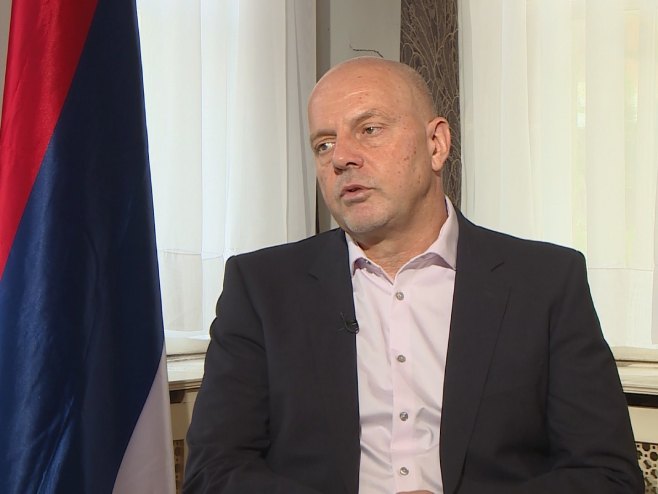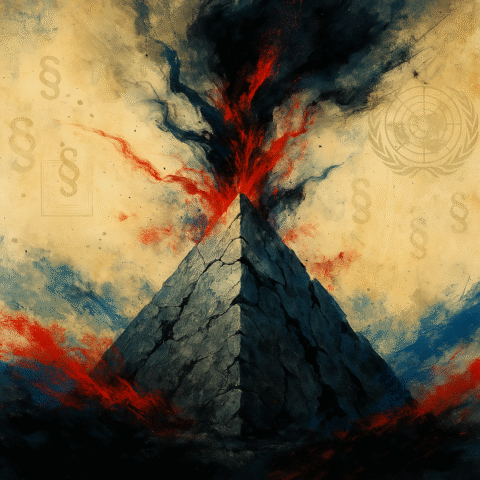The appointment of John Ginkel as the new chargé d’affaires of the U.S. Embassy in BiH reflects a change in America’s stance, and it is quite possible that the U.S. will not even want to appoint an ambassador to what is essentially a colony like BiH, said political scientist Aleksandar Pavić.
He pointed out that it is obvious the Americans do not want to remain outside current developments, and although they do not currently have an ambassador in BiH, they still want someone on the ground.
“This is important now because America has turned a new page. It does not want to take sides, but it also does not want to be sidelined,” Pavić explained.
He recalled that at the last closed session of the UN Security Council on BiH, the U.S. took a strictly neutral position, and later its representatives emphasized respect for the Dayton Agreement.
“If the chargé d’affaires (John Ginkel) follows that line, it will be more than sufficient for Republika Srpska,” Pavić noted.
He also pointed out that there is a backlog in the U.S. Senate regarding diplomatic appointments, as opposition to President Donald Trump still persists.
Nevertheless, he stressed, it is telling that the United States has not yet appointed an ambassador to BiH, while for Serbia at least one has been named, even though the appointment is still pending Senate confirmation.
“The question is whether America will even want to appoint an ambassador to BiH, a colony, if things continue this way. For Trump, it may not be a priority. For Serbia, at least he has nominated an ambassador, though not yet confirmed, but for BiH, he has not even nominated one,” Pavić said.
He concluded that this points to a shift in America’s approach to BiH and marks a precedent, particularly as U.S. pressure on Republika Srpska has stopped.
“This is the first time since 1991 that America is not pressuring the Serb factor, and that is incredibly important,” Pavić stressed.
Source: RTRS









